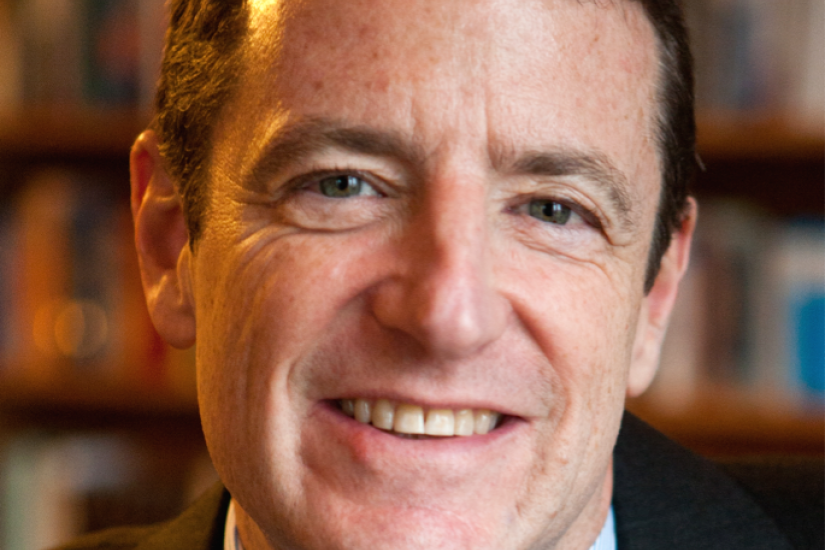
At least since the breakup of the Habsburg Monarchy in 1918, scholars of the region have framed empire and nationhood as fundamentally opposed concepts, or forms of statehood. In a world that validates the nation state as the most desirable form of statehood, the characteristics of empire still appear to contradict values of democratic participation and indeed modernity itself. In this presentation I argue that in Habsburg Central Europe, concepts of nation and empire developed in intimate relationship to each other. Each required the other to give it meaning, and imperial legal institutions and administrative practices strongly shaped the definitions that nationalist activists gave to their ideas of community. Similarly, in the last third of the 19th century, the empire’s renewed forms of self-justification were increasingly founded on ideas of nationhood. Finally, I will argue that the post-1918 settlement constituted a moment of far greater continuity than we generally recognize, in creating a range of mini-empires that paradoxically legitimated their existence by asserting a status as nation-states.
Pieter M. Judson has taught history at Swarthmore College, and is currently a professor of 19th and 20th century history at the European University Institute in Florence. His research interests include modern European History, nationalist conflicts, revolutionary and counter revolutionary social movements, and the history of sexuality.